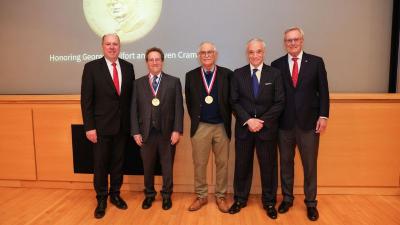RPI and TIPA Announce Partnership to Advance Industrial Technology Development
Rensselaer Polytechnic Institute (RPI) and the Korea Technology and Information Promotion Agency for SMEs (TIPA), an organization that supports small and medium enterprises through technological innovation, have announced a strategic partnership to collaborate on industrial technology development.







